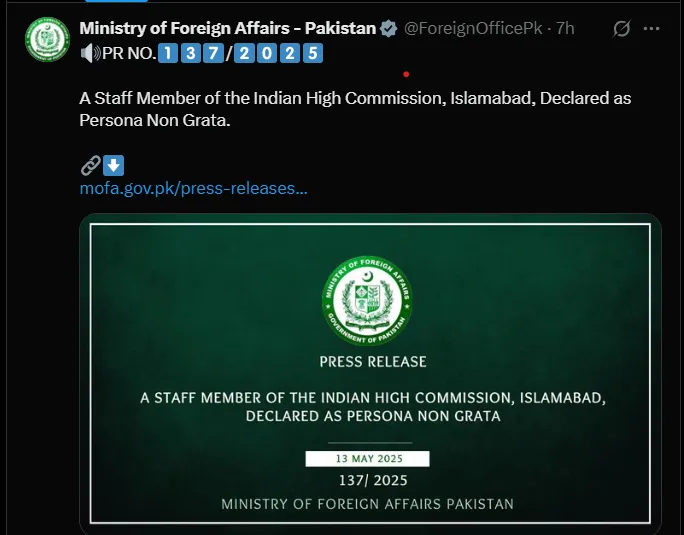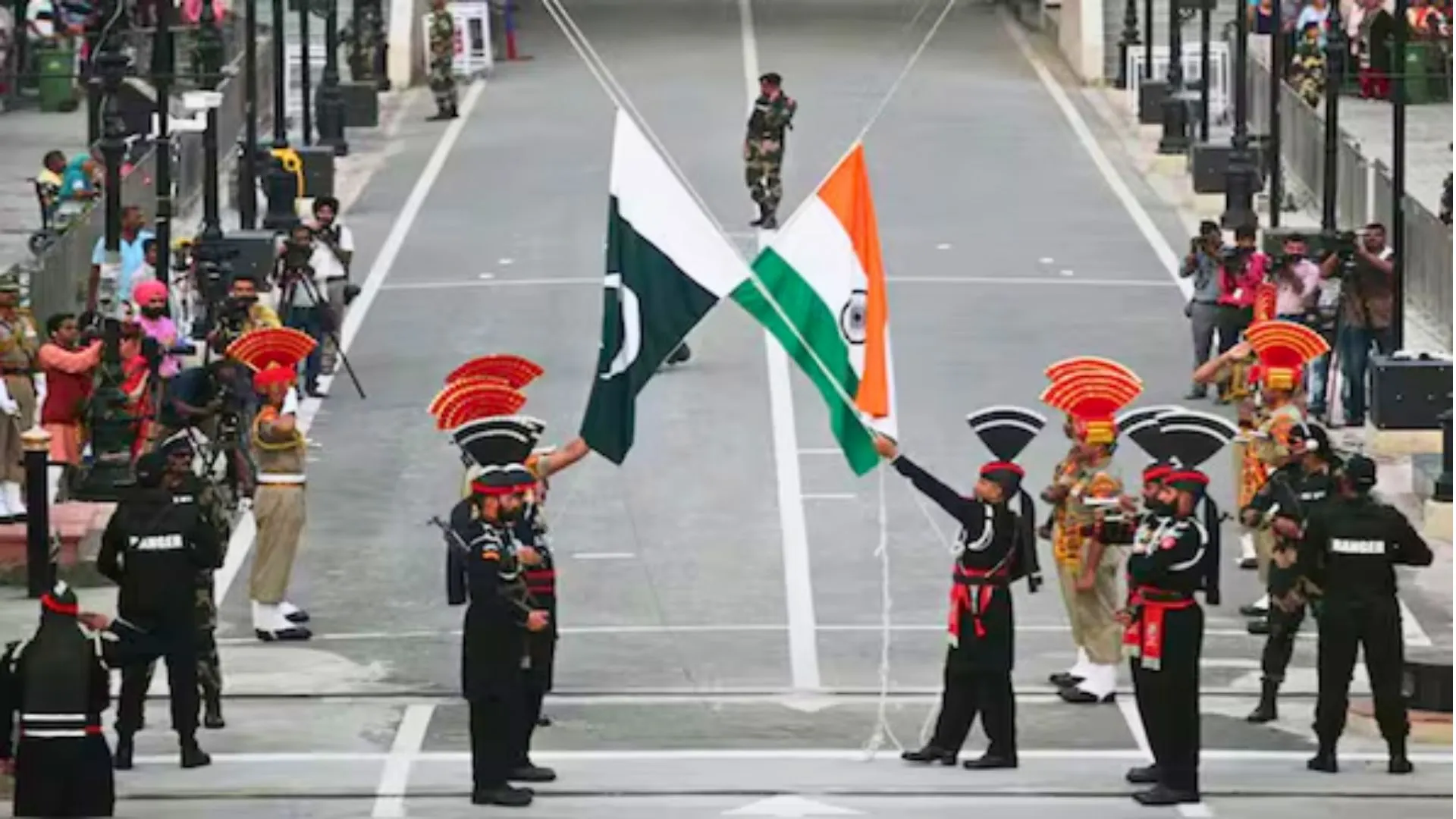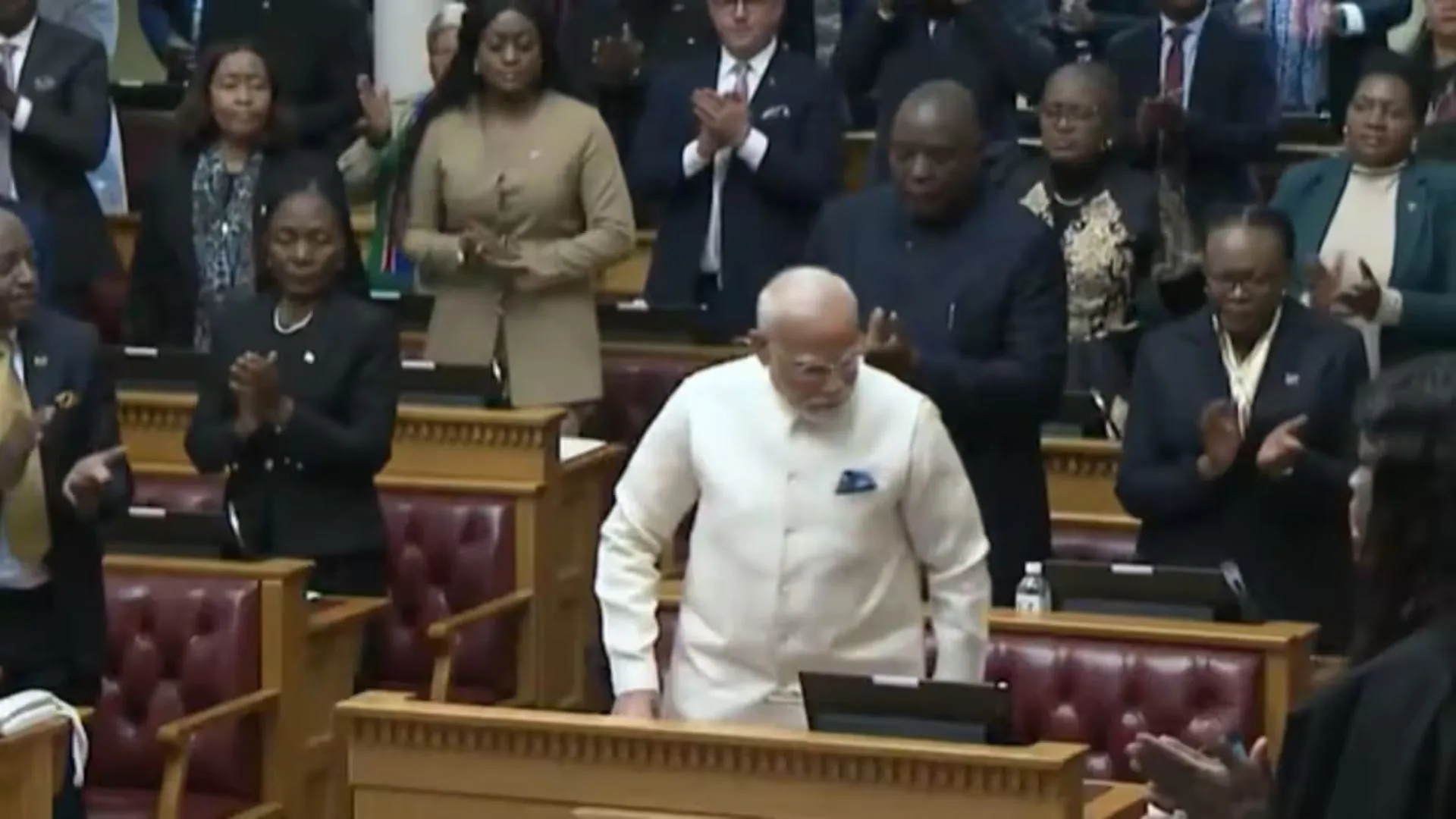India on May 13, 2025, expelled a member of the Pakistan High Commission in New Delhi after discovering his espionage activities. The person, operating secretly as an ISI agent in diplomatic cover, was made persona non grata. Indian officials directed him to depart within 24 hours.
In a tit-for-tat retaliatory move, Pakistan had expelled a member of the Indian High Commission staff in Islamabad. Pakistan’s Foreign Office summoned India’s Charge d’Affaires and served the notice of expulsion on the Indian diplomat for allegedly carrying out activities “incompatible with his diplomatic status.” This action was a mirror image of India’s move in both tone and timing.

Espionage Sparks Diplomatic Flashpoint
The diplomatic crisis began when Indian security officials discovered an espionage network using the Pakistan High Commission in New Delhi. A Pakistani official purportedly shared classified information with handlers and conducted undercover surveillance operations. The discovery followed increased tensions across the region after a terror strike in Pahalgam, which killed 26 civilians.
Another brainless tit-for-tat move by Pakistan.
India caught an undercover ISI operative working as a staffer at the Pakistan High Commission in New Delhi, so Islamabad followed suit and declared an Indian diplomat persona non grata, because why not.
What a banana republic. pic.twitter.com/MtvRnMwPyH
— Sonam Mahajan (@AsYouNotWish) May 13, 2025
India took decisive action. It used the Vienna Convention to expel the official, citing unmistakable proof of espionage. The Ministry of External Affairs emphasized that such conduct was unacceptable and went against all diplomatic standards.
Islamabad Reacts on Expected Lines
Hours later, Pakistan retaliated — as anticipated — with a mirror response. Islamabad’s action, while diplomatically worded, was generally understood to be one of retaliation, not new intelligence. “Because why not,” as X analysts sarcastically surmised, referencing the traditional symmetry of India-Pakistan diplomatic standoffs.
Pakistan’s Foreign Office announced that the Indian diplomat was persona non grata and called for him to leave in 24 hours. Islamabad authorities defended the act as required for “maintaining diplomatic parity.”
Traditional Pattern of Retaliation
The tit-for-tat expulsions highlight the fragility of India-Pakistan relations. With tensions in intelligence spilling over into diplomacy, both countries appear locked into a familiar pattern of provocation and response. Unless both governments shift towards long-term dialogue, such confrontations will continue to undermine any chance of regional stability.
The tit-for-tat expulsions illustrate how tenuous India-Pakistan relations are. As intelligence tensions bleed into diplomacy, each seems trapped in a self-fulfilling cycle of provocation and retaliation. Unless both governments change course toward persistent dialogue, such incidents will keep eroding any possibility for regional stability.





















